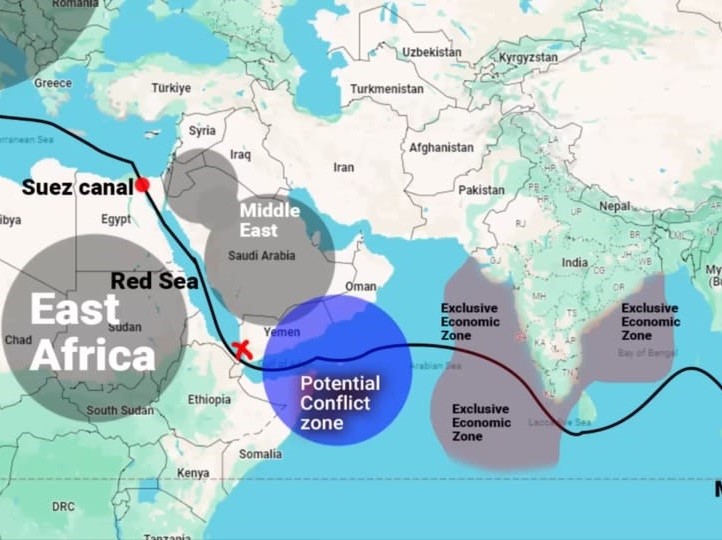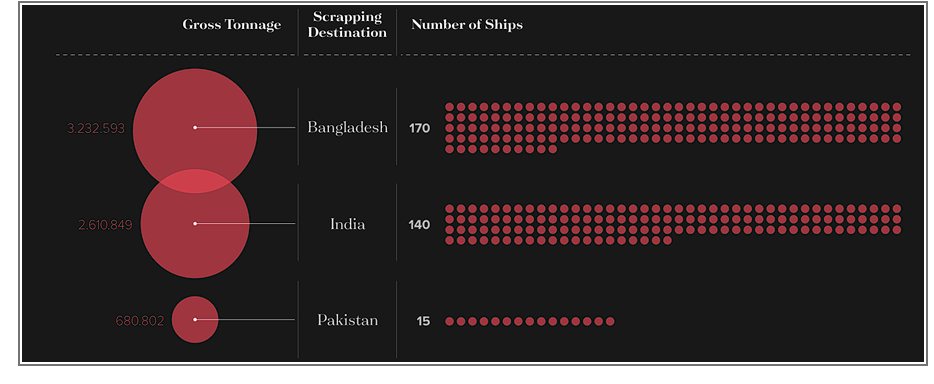The 1,984 gt ship, built in 1989, is registered under the Panamanian flag and has an overall length of 89.21m. The ship departed from Yuzhniy, Ukraine, on 18 September 2021, carrying a cargo of 2,837 metric tons of urea fertiliser.
As the ship proceeded towards its destination in Varna, Bulgaria, it was expected to follow a Traffic Separation Scheme (TSS) in Bulgarian waters, designed to enhance navigational safety in congested areas near the shore.
SUMMARY OF THE INCIDENT
At midnight on 20 September 2021, the 2/O relieved the master to take over the 0000 to 0400 navigational watch. However, contrary to the SMS and international regulations, no additional lookout was assigned for the night watch. The BNWAS, designed to alert the crew if the officer on watch becomes incapacitated, was turned off.
During the night, the ship proceeded on autopilot. The 2/O conducted his watch normally. However, between 0345 and 0355, he briefly sat on the bridge’s couch and fell asleep.
This lapse proved critical.
At 0353, the ship failed to execute a planned turn to join the TSS and continued a straight course towards the shoreline.
Coastal authorities monitoring the ship attempted to call on Very High Frequency (VHF) radio when it did not alter course, but the 2/O failed to respond.
INVESTIGATION FINDINGS
The investigation identified several procedural lapses that contributed to the grounding. The most significant failure was the deactivation of the BNWAS system, which would have alerted the crew when the 2/O became incapacitated. The SMS procedures required the BNWAS to always remain active, but the system was manually turned off, and no record of its deactivation was made in the ship’s logbook.
Another critical error was the absence of a lookout during the watch. The SMS required an additional lookout to be present during the hours of darkness, but the master released the lookouts from their duties, assigning them to general deck work during the day instead. This decision left the 2/O alone on the bridge during a critical phase of navigation, increasing the risk of human error.
The master’s oversight of the voyage was also called into question. The passage plan prepared by the 2/O was neither reviewed nor approved by the master or C/O. Furthermore, the master altered the ships course to sail closer to the coast but this deviation from the original route was not documented or properly communicated.
The 2/O’s fatigue was also identified as a key contributing factor to the incident. He was repeatedly summoned by the master for various tasks, including administrative duties and translations. The investigation revealed that the officer had not been able to sleep adequately since the ship’s departure from Ukraine, undermining his ability to remain alert during his watch.
Fatigue remains a critical issue in the maritime industry, and this case underscores the need for effective fatigue management.
Read full article BRITANNIA
Download pdf



























































